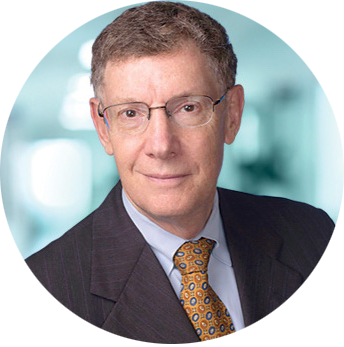Health literacy is fundamental to good health and wellness. Understanding how to care for oneself and one’s family requires two guiding principles according to the National Plan To Improve Health Literacy:
- Information should be delivered and received in ways that are understandable and helpful.
- Everyone has the right to information that facilitates informed decisions.
People interact with their environment and those around them—a fundamental tenet and accepted precept contributing to the success of Blue Zones Project for over 3.5 million people in 51 communities. Nudging individuals to embrace better health and wellness who subsequently coalesce into larger groups creates better communities and self-perpetuating improvement. Similarly, healthy, informed, medically literate folks find similar people who can spread knowledge and healthy habits for all to share. Unfortunately, the opposite is also true.
Medically literate individuals facilitate the goal of having a healthier population. Individuals interact with healthcare systems that have been financially rewarded in the past for the volume of care provided. Namely, more sickness has equated to greater profit, thus perpetuating the current unsustainable structure. Going forward, accelerated by the current pandemic and economic conditions, healthcare will be rewarded for keeping people healthy with prevention. Simply stated, paying a fixed amount of money per person per year for care will change the paradigm from a repair shop to a prevention program. As people benefit personally by enhanced medical literacy, and subsequently healthcare systems profit financially by caring for healthier populations, entire community cultures will change.
Imagine receiving a financial reward and a congratulatory note from your healthcare insurer for “good behavior” related to better medical literacy. Now think even bigger, when a whole community receives an award such as longer life expectancy and lower cardiac mortality. Southwest Florida and other Blue Zones Project communities are experiencing these rewards in addition to showing greater resilience to COVID-19.
The COVID-19 challenge has made countless opportunities to improve the way information is transferred more apparent and important. Current uncertainty persists despite overwhelming media coverage—both traditional and social—along with confusing and changing public announcements.
Ninety percent of adults have difficulty understanding basic health information, resulting in taking medications inaccurately, missing routine preventative care, overusing emergency room and hospital services, and most importantly yielding worse outcomes. Diabetes, high blood pressure, and other chronic diseases—already deleterious to health—are exacerbated by unintentional non-compliance. Additionally, costs increase, deepening the waste in healthcare.
Health literacy challenges are also discriminatory. People already troubled by a low literacy ability suffer a double burden of the inability to easily search for and subsequently use health information. However, even people with high reading ability may have difficulty understanding prescription instructions and other medical information.
Limiting medical information transfer to the written word has been traditional. Depending on the dominant language in a community, second language translations have historically been offered. Progressive communities and healthcare providers will be offering many new, creative ways to transfer information. Perhaps marketing funds spent on billboards and magazine ads could be more effectively employed to educate populations. On-line videos using both animation and culturally language-friendly personalities have been effective but are not yet widely available in healthcare. For instance, on-line videos can show how to fix most anything, shop efficiently, or become familiar with a subject; but health related topics are scarce.
Improving health literacy for individuals, health systems, and entire communities benefits all three. Additionally, understanding healthcare insurance benefits is an added value. Dr. Scott Conrad, Chief Medical Officer for the National Alliance of Purchaser Coalitions, makes the point that health benefit literacy—knowing how benefits work and how to pay for care—is an important part of staying healthy and well.
Improving health literacy is essential and cost effective. This under-recognized task is now being identified and addressed.






